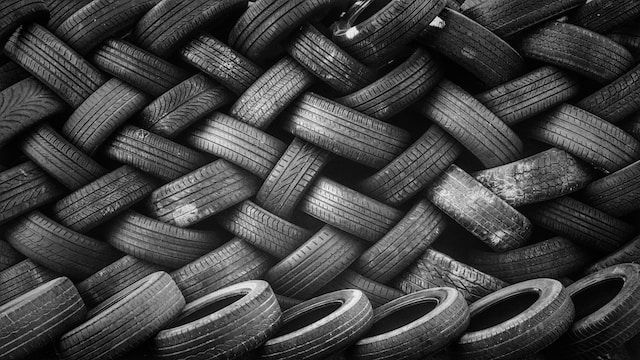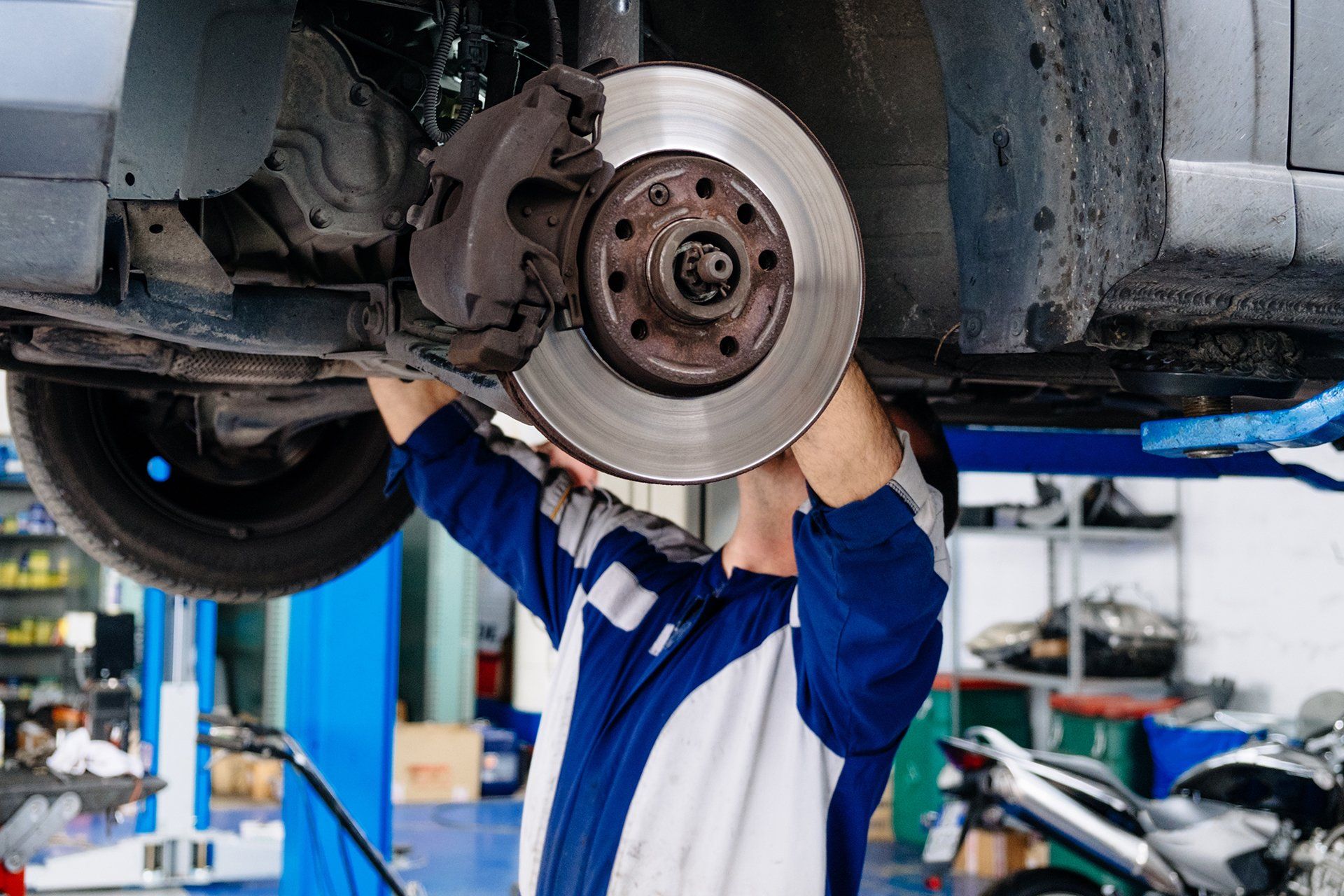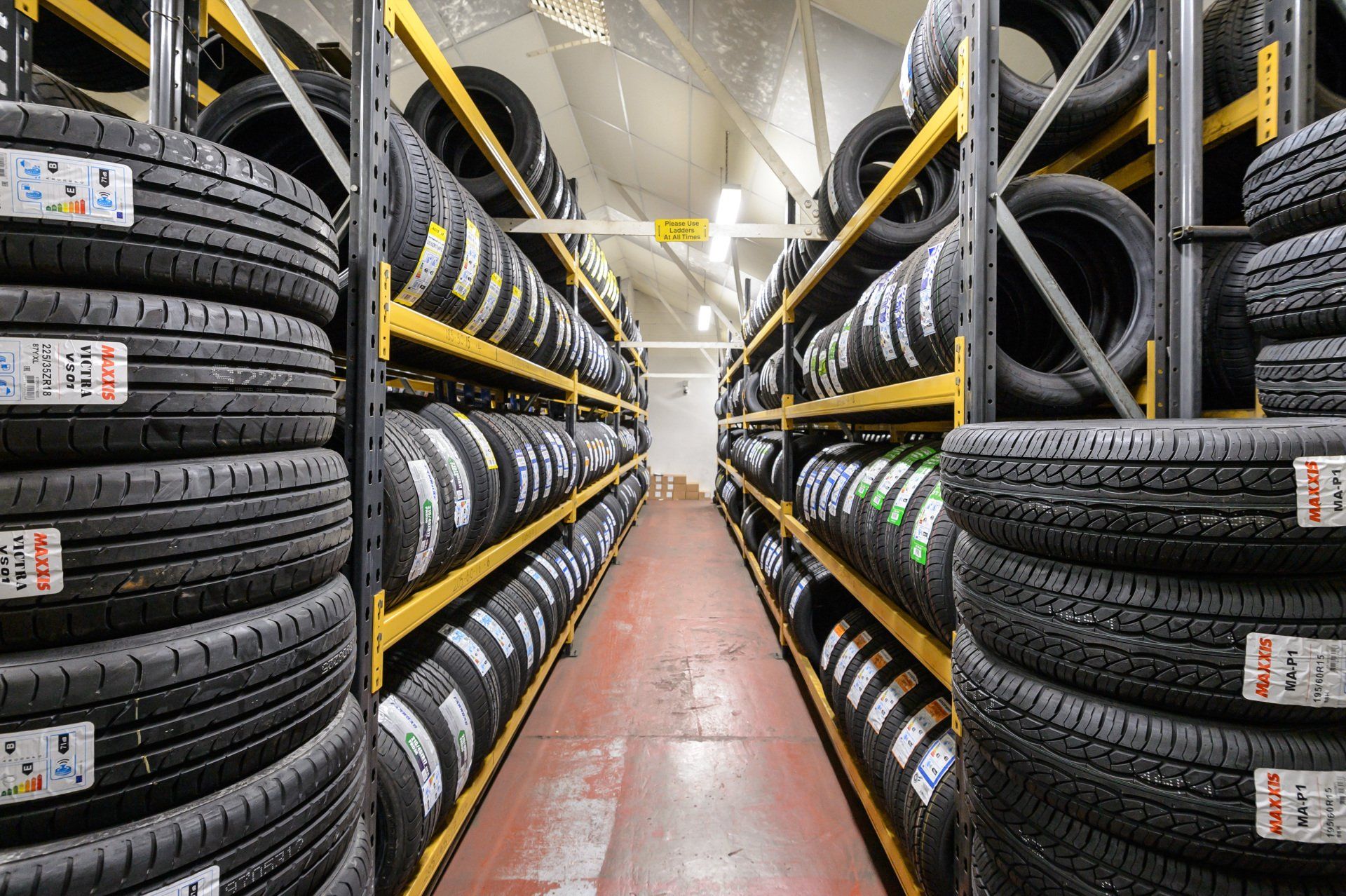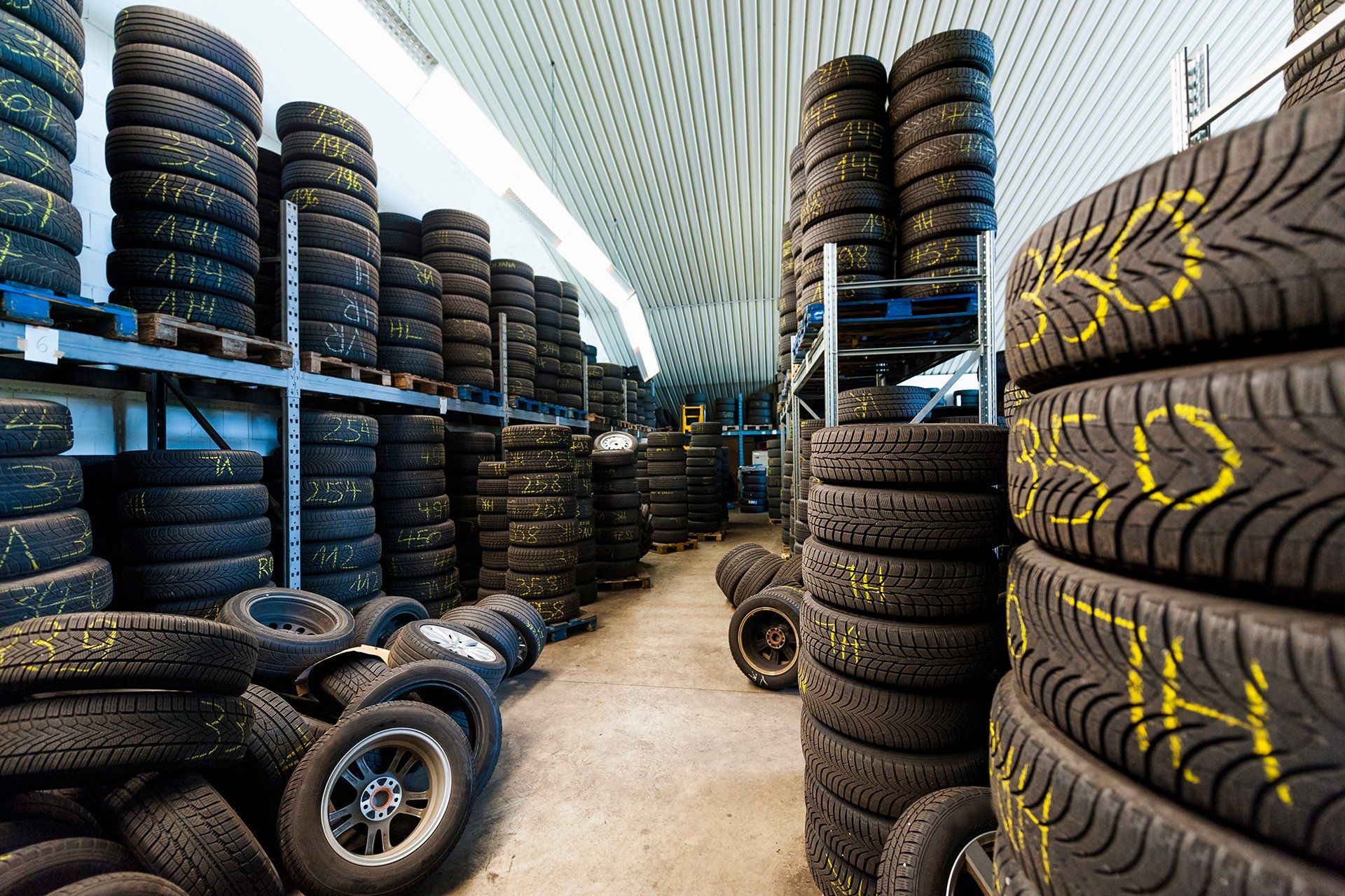Can Tyres go Out of Date?
Do tyres ever expire?
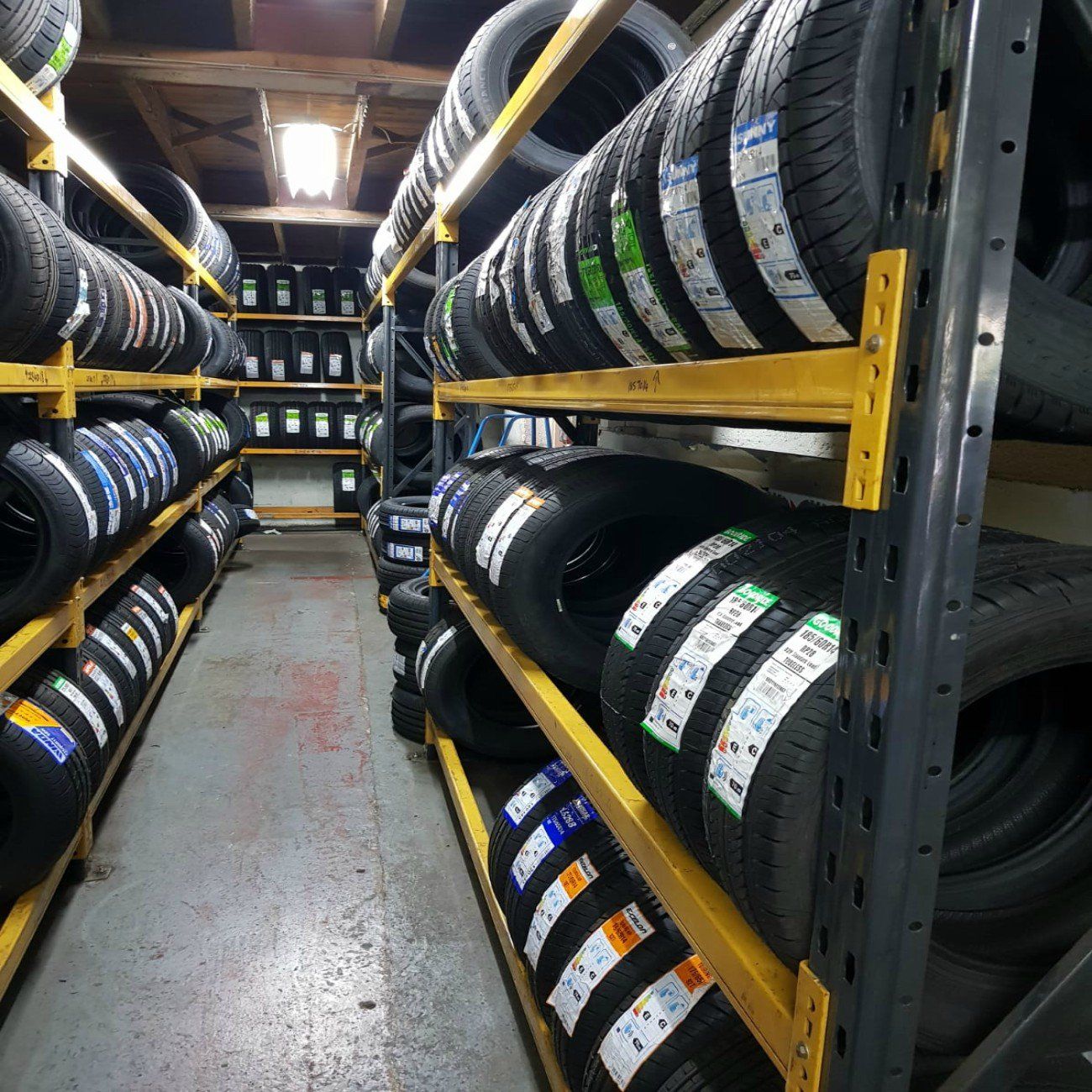
In today's fast-paced world, where technology and innovation seem to advance by the minute, we often forget about the importance of something as seemingly mundane as our car tyres. We rely on our vehicles to transport us safely from one place to another, and the condition of our tyres plays a crucial role in transporting us safely on that journey. But can tyres go out of date? In this article, we'll explore the factors that can affect the lifespan of your tyres, how to identify if they are no longer safe, and what you can do to ensure your vehicle's safety on the road. After all, checking your car tyres is one of the regular car checks you should be making.
Understanding Tyre Expiration
Tyres, though durable, are not immune to the passage of time and environmental factors. They are composed of rubber compounds that gradually deteriorate, which can compromise their performance and safety.
Factors Affecting Tyre Lifespan
Several factors can influence how long your tyres will last:
Tyre Tread Wear
The most visible sign of tyre ageing is tread wear. As tyres accumulate miles, the depth of the tread decreases. This affects traction and handling, especially in wet or icy conditions.
Environmental Conditions
Extreme temperatures, exposure to sunlight, and even humidity can impact tyre durability. Prolonged exposure to these elements can lead to cracking and degradation.
Inactivity
If your vehicle remains stationary for an extended period, your tyres can still deteriorate due to the weight of the vehicle pressing down on them.
Manufacturing Date
All tyres have a manufacturing date stamped on them and are usually found on the tyre sidewalls. Even if they appear new, tyres that have been sitting on the shelf for several years may already be past their prime.
Tyre Maintenance
Regular maintenance, including proper inflation and alignment, can extend the lifespan of your tyres.
Signs of Aging Tyres
To ensure your safety on the road, it's essential to recognise the signs of ageing tyres:
- Cracking: Check for cracks or splits in the tyre sidewalls.
- Bulging: Look for abnormal bulges or blisters on the tyre surface.
- Uneven Wear: Uneven wear patterns can indicate alignment or balance issues.
- Vibration: Excessive vibration while driving could signal tyre problems.
How to Prolong Tyre Life
Now that we've discussed the factors affecting tyre lifespan and how to recognise ageing tyres, let's explore ways to prolong their life:
Regular Inspections of your tyres
Perform regular visual inspections and look for any signs of wear or damage.
Proper Tyre Inflation
Maintain the recommended tyre pressure as per your vehicle's specifications.
Rotation
Regularly rotate your tyres to ensure even wear.
Storage
If you have spare tyres, store them in a cool, dry place away from direct sunlight.
Replace Your Tyres When Necessary
Don't hesitate to replace your tyres when they are beyond their safe usable life. Letting your tyres hold out to the very end, can leave you in a very inconvenient position if they do break, which often happens at the worst times!
The Importance of Tyre Safety
Your safety and the safety of others on the road depend on the condition of your tyres. Don't underestimate the impact of ageing tyres. Regular maintenance and vigilance can make all the difference. If you’re unsure if your tyres need to be replaced, contact our team at your nearest tyre fitting centre
In conclusion, the answer to the question "Can tyres go out of date?" is a resounding yes. Tyres can indeed go out of date due to a variety of factors. However, with proper care, regular inspections, and timely replacements, you can ensure that your tyres remain safe and reliable, allowing you to enjoy worry-free journeys on the road.


